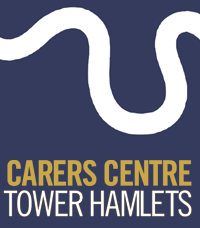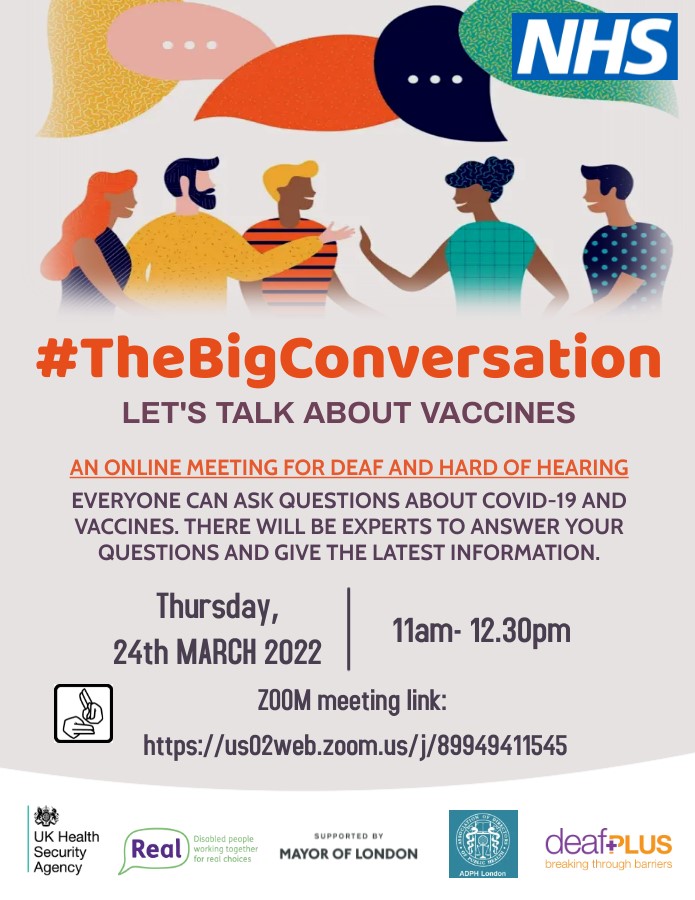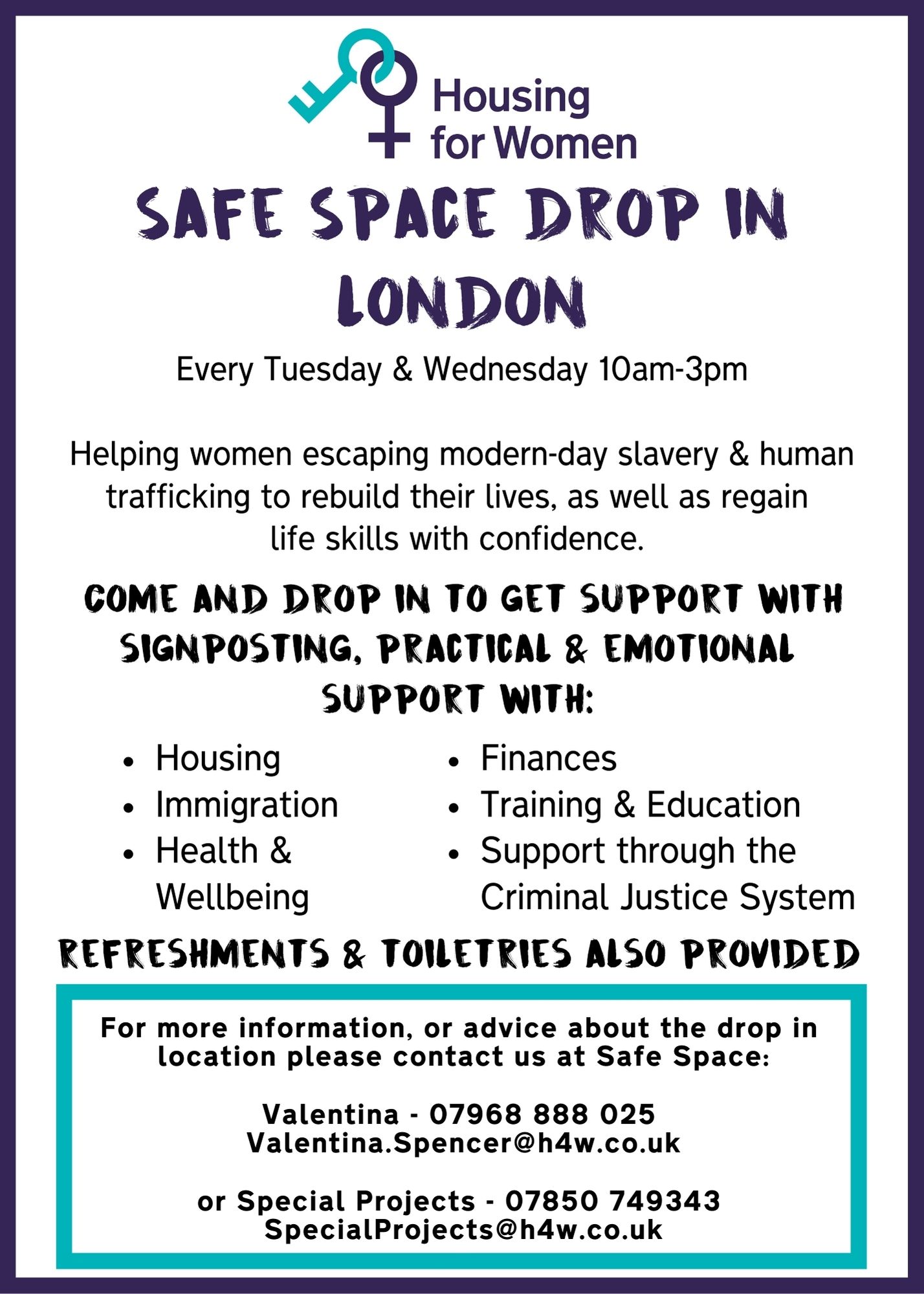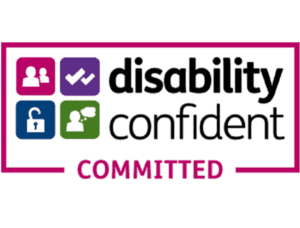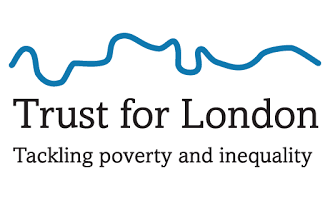Hello Everyone
Do you find it difficult to get some exercise, raise your heart rate and do something physical, either to maintain better mental health, as it has been proven that physical exercise not only helps you with diet, nutrition and bone safety, it also has a significant impact on your mental wellbeing, self esteem and helps you to set goals or challenges and achieve them.
I say that as I am desperate to get back into exercise but it is finding the time. I am looking at ways to add exercise into my daily routine that allows me to work and do my caring role but I am wanting to use exercise as my me time. I want to be able to feel content and happy with my physical and mental wellbeing. So I am joining the nearby swimming pool near my village and I will be dusting off my goggles and speedo’s (Not Really), I just wanted to make you laugh at the thought.
I would be very interested in hearing from carers about what physical exercise activities we could add to the wellbeing academy timetable in the next few months, so if you have any ideas email me tony@ccth.org.uk. Don’t forget that we have Yoga for Carers taking place at the Buddhist Centre, we have an incredible Walking Thursday group, not only do you get to spend time outdoors walking you can learn local history at the same time and you get to spend time with other carers. In May we will have a new activity called Hip Hop Dance for Carers, so if you want a place email me as places will be limited.
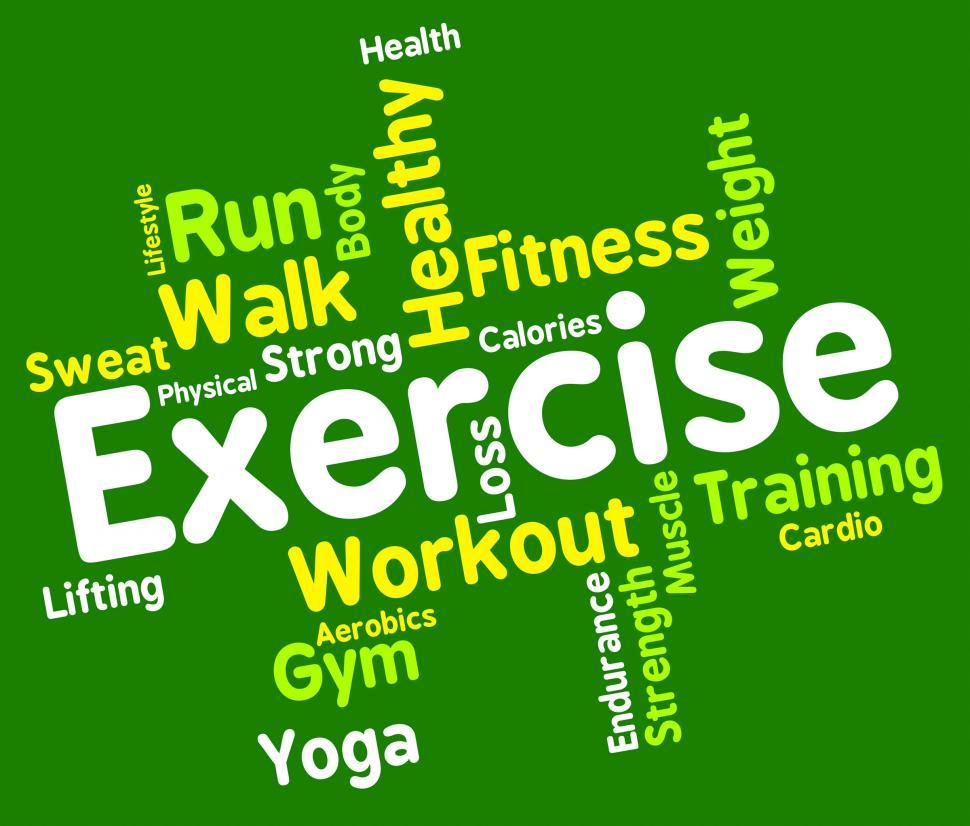
In the meantime here are some tips to keep you going …..

Also talking of feedback, I have been advised by the Carer Wellbeing Champions to send out reminder emails to carer with each blog’s direct link. If you want this please email and I will add to the list.
Don’t forget tomorrow we have …. Arts, Crafts & Conversation
Each week we have an activity aimed at getting carers together for peer support, conversation which helps carers maintain better mental wellbeing as well as learning to make different crafts with the support of the group. Carers have reported that they really like this casual, entertaining and fun group. We provide tea, coffee and biscuits but don’t get sticky fingers on your masterpieces…. after all art and creative activities can help you therapeutically.


Mindfulness for
Managing Long COVID
A free, self-paced course, developed with UCL and NHS healthcare professionals, to help people manage their recovery from long COVID.

We’re excited to announce our new online course – Mindfulness for Managing Long COVID, which you can join now at no cost.
ABOUT
Breathworks has created a 7-stage, self-paced course, designed to support people on their recovery journey from long COVID. This programme, led by Co-founder Vidyamala Burch, has been developed with health professionals and researchers from University College of London and the NHS and is designed to help people live more comfortably with their symptoms while their body is healing.
HOW DOES IT WORK?
Across 7 sessions you will learn techniques and strategies to help manage three major symptoms of long COVID: fatigue, sleep and anxiety.
This course covers:
- Breathing techniques to soothe the body
- Methods to calm the mind and work with anxiety
- Pacing strategies to manage fatigue
- Meditation practices to promote rest and deep sleep
- Compassion-based practices to help regain a sense of self-worth
- Reconnecting with joy and the things we find pleasant in life
You can access this course for free through our online Community of Practice (you will need to create an account if you don’t already have one).

£150 Government Council Tax rebate
The Carers Centre cannot help you with this but we are letting you know, so you can help yourself.
If you live in a property in council tax bands A to D, you are likely to receive a £150 council tax rebate from the government to help with the cost of living.
How will my household get its £150?
- Your council will confirm how the rebate will be paid in your area.
- For people who pay council tax by direct debit, in most cases, the rebate will go directly into bank accounts. If you don’t already pay by direct debit, you might want to sign up. This will make sure the rebate is paid to you quickly.
- For those who do not pay council tax via direct debit, your council will confirm how the rebate will be paid to you. Please make sure that communication is from your local council before providing payment details.
- The rebate will not need to be repaid.
- Carers Centre will not be able to help with this rebate.
What if my household isn’t eligible?
- Councils will receive an extra £144 million to provide support to vulnerable households who may not qualify for the £150 council tax rebate.
- This includes people on low incomes in council tax bands E-H.
- Your council will provide more detail on how this will operate in your area.
A £200 discount (loan) on energy
- . £200 of this year’s energy bill will be taken off from October and spread equally over the next 5 years.
This Weeks Activities
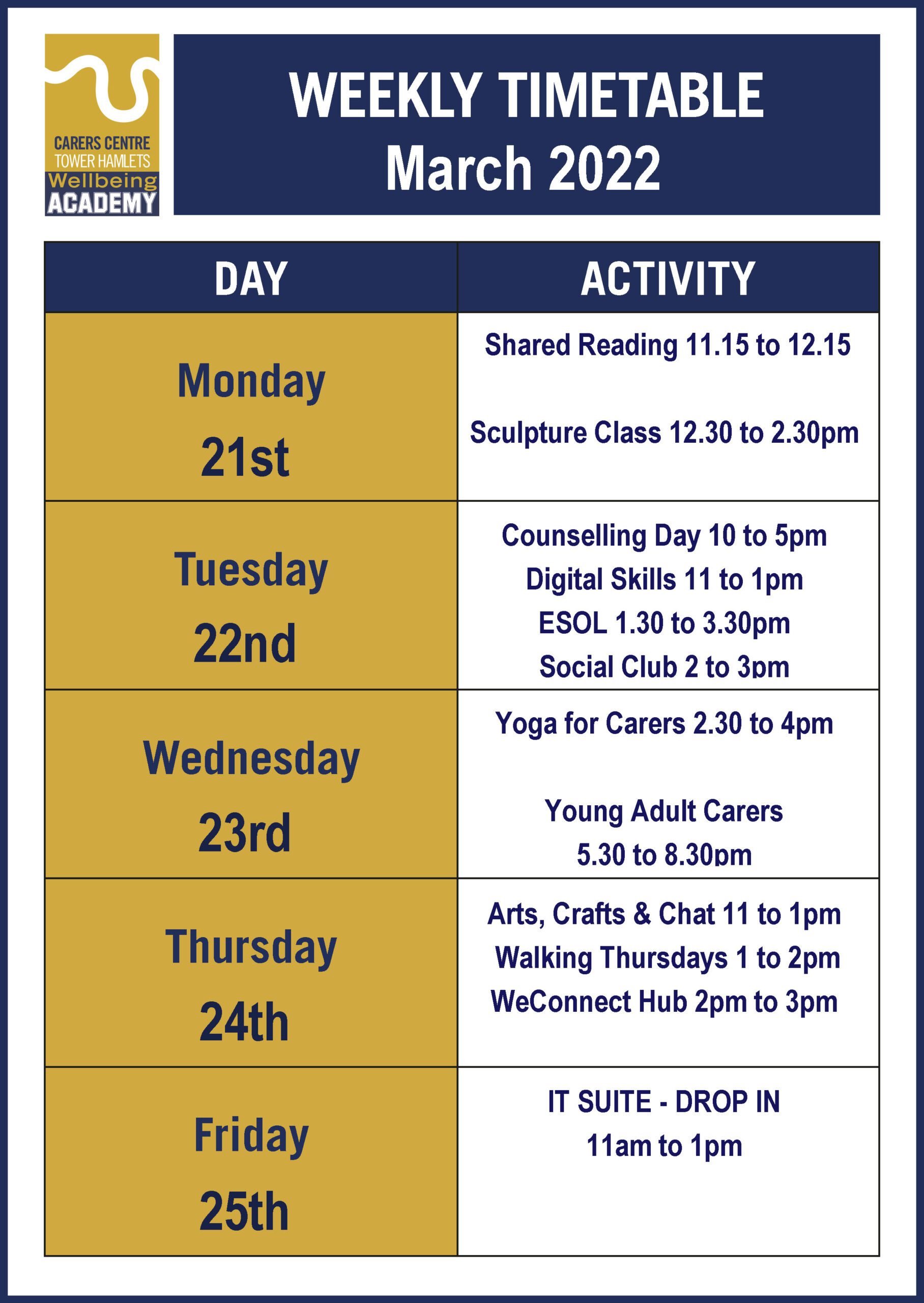
Spring Vaccine Explained: Who Can Get A Second Booster And How?
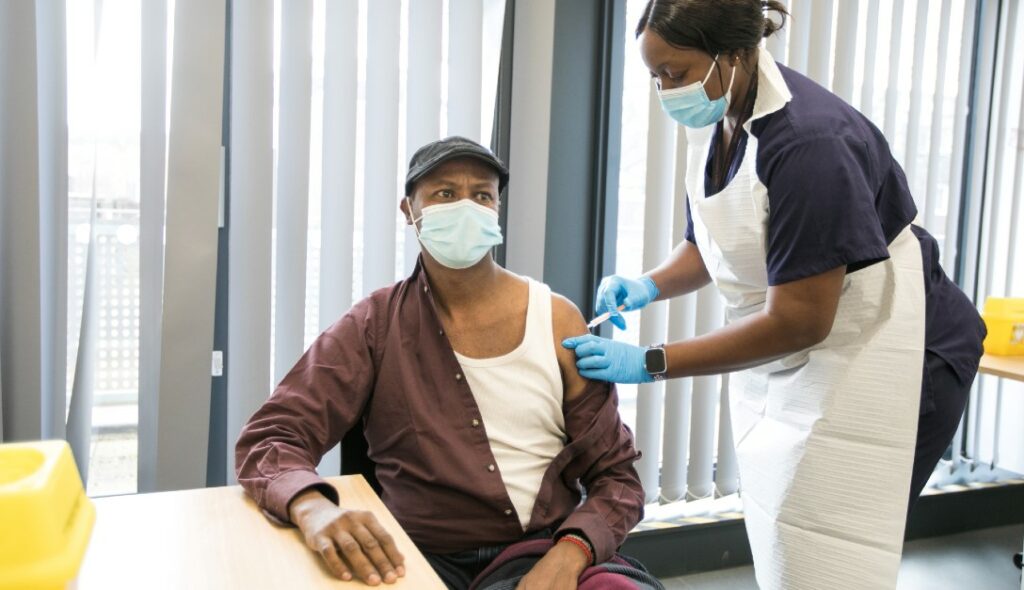
The spring coronavirus vaccine roll-out will commence next week, according to ITV News. The second booster will be the fourth jab received for some of those eligible and a fifth injection for vulnerable people who’ve already had an extra jab.
The booster jabs will either be Pfizer or Moderna. If you think you or your family members may be eligible, here’s the information you need.
Who is eligible in the spring vaccine programme?
In the UK, people aged 75 years and older, residents in care homes for older people, and those aged 12 years and over with a weakened immune system will be offered a spring booster.
How will people be informed about their appointment?
The NHS will contact those who are eligible. You will then be able to book online or call 119 to make an appointment to have your second booster.
Why is there a spring vaccine programme?
An additional vaccine will help protect vulnerable people against serious illness and potential hospitalisation.
“Covid-19 is more serious in older people and those with a weakened immune system. Protection from the vaccine may be lower and may decline more quickly in these people,” the NHS says.
“This spring booster is being offered as a precaution to those at extremely high risk, most of whom received their first booster around six months ago. If the number of infections increases over the summer, this booster should help to reduce your risk of being admitted to hospital with Covid-19.”
Will it be effective?
The effectiveness of the fourth jabs have been examined largely from Israel. It’s the first country to offer the fourth vaccines to over 60s, people with weakened immune systems and healthcare workers.
A study from Israel’s Ministry of Health and several Israeli universities examined nearly one million vaccinated people over the age of 60. It suggested a fourth dose of the vaccine offered up to twice the protection against getting infected and four times the protection against serious illness compared to people who have had three doses.
We previously spoke to Paul Hunter, a professor in medicine at the University of East Anglia, who said that a fourth booster campaign might not be as wide-spread as previous ones.
“The reason why boosters won’t be needed widely is that most people whether or not vaccinated have already also had a natural infection (current estimates are a bit uncertain but three out of four people seems to be a reasonable estimate) and a past infection provides better protection than vaccine depending on how long ago it was,” he said.
“But there are still quite a few older people and more medically vulnerable people who have not yet had an infection and they remain at risk of severe disease when vaccine immunity wanes, though not as much as if they had not been vaccinated.”
Will the rest of the population get a second booster?
So far, there are no booster announcements for the rest of the population.
Health Secretary, Sajid Javid told ITV’s Peston programme that he will wait for the JCVI’s advice before a second booster or fourth dose will be offered to more people. It’s likely this will happen in the autumn or towards the end of the year. Evidence on the effectiveness of this is still emerging.

JOB VACANCY – JD available upon request: email tony@ccth.org.uk
Job Title: Expert by Experience
Hourly rate: £15.00 plus travel expenses
Contract: Casual employment contract
Location: All areas of England
We are recruiting!
Do you have lived experience of using health and social care services in England?
Or are you a family carer of a loved one who uses a health or social care service in England?
Do you want to make a difference and help other people who use health and social care to have their voices heard?
An Expert by Experience is a person who has personal experience of using health and/or social care in the past 5 years.
Experts by Experience visit people who use health and social care and talk to them about what it is like for them.
Expert by Experience deliver the voice and experience of people who use health and social care to CQC working alongside CQC Inspectors as part of a CQC inspection team.
We want to recruit people who have had personal experience in the past five years of
- using health and social care
- caring for a family member or loved one supporting them to use health and social care
We want to recruit people
- who have experience of:
- inpatient mental health services
- detention under the Mental Health Act
- mental health services, within a forensic setting
- substance misuse services
- with a learning disability and autistic people who use health and social care services such as mental health services, supported living, shared lives, and residential adult social care
- with a physical impairment
- with a sensory impairment
- aged between 16-25 who have experience of using health and social care services
We want to recruit people who are family carers of
- older people
- people living with dementia
- people with a learning disability
- people with high support and complex needs
If you want to know more, please contact us for an informal discussion and to request an application pack please email expertsbyexperience@choicesupport.org.uk
You can also call Phil Perkins, Tel: 07803 247 972 or Emma Clements, Tel: 07554 453 250. If there is no answer, please leave a contact number so they can return your call.

Check out a new free course that has just been launched that focuses on carer wellbeing. It is called ‘Physical activity for health and wellbeing in the caring role’ and has been kindly endorsed by the Carers Trust. The course is 6 hours in length and learners can achieve a ‘badge’ on completion of the end quiz, and this can be added on a CV to evidence their learning/continuous professional development. We hope that it will be helpful to those working with carers, including carer centre staff, those supporting carers less formally and importantly carers themselves!
A carers guide to home fire safety
A new video resource has been launched on the London Fire Brigade website to help carers learn how to keep people that receive care safe from fire.
Sadly, around one third of those here who die or are severely injured by fire are in receipt of some form of care or support. If you are a formal (domiciliary care worker, support worker or clinician) or informal carer (family member, friend or neighbour) and are caring for someone in their own home, this new resource will help you identify fire risks and show you what you can do to reduce them. There is also more information available on the website around fire safety and prevention.
Watch the video >

ELOP’s LGBT+ Groups
Join our fun, friendly and non-judgemental safe space to meet new people and discuss LGBT+ topics!
LGBT+ Over 50 Social Group
Every Monday 1.00 – 2.30pm, online
LGBT+ Social Support Group
Every Tuesday 7.00 – 8.30pm, online
Stonewall – https://www.stonewall.org.uk/
LONDON Friend – https://londonfriend.org.uk/
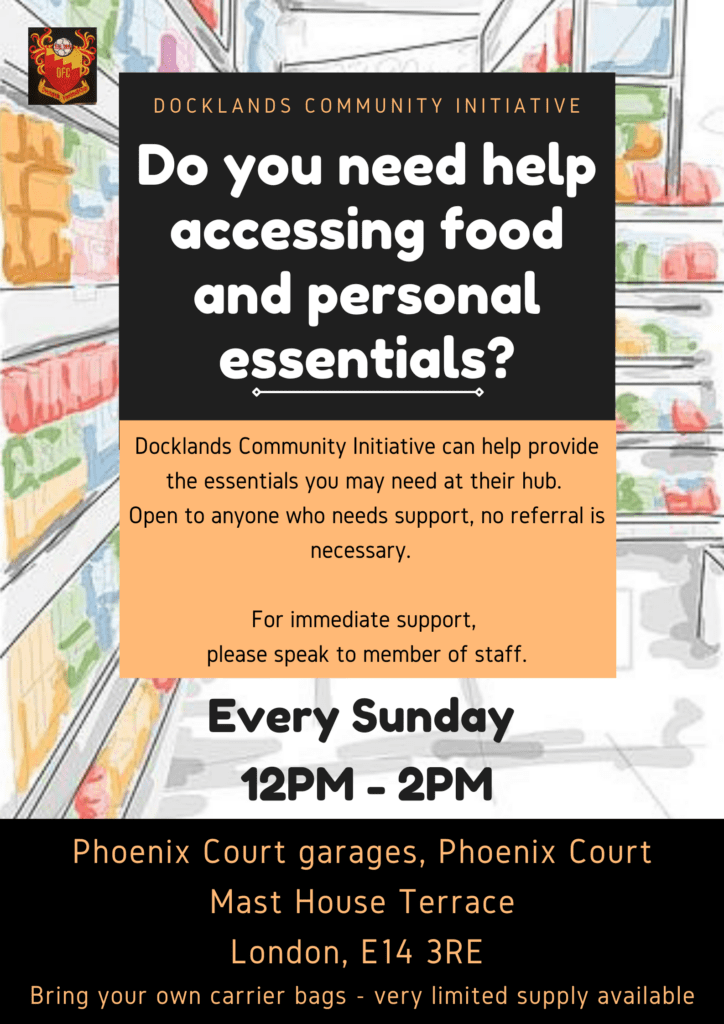
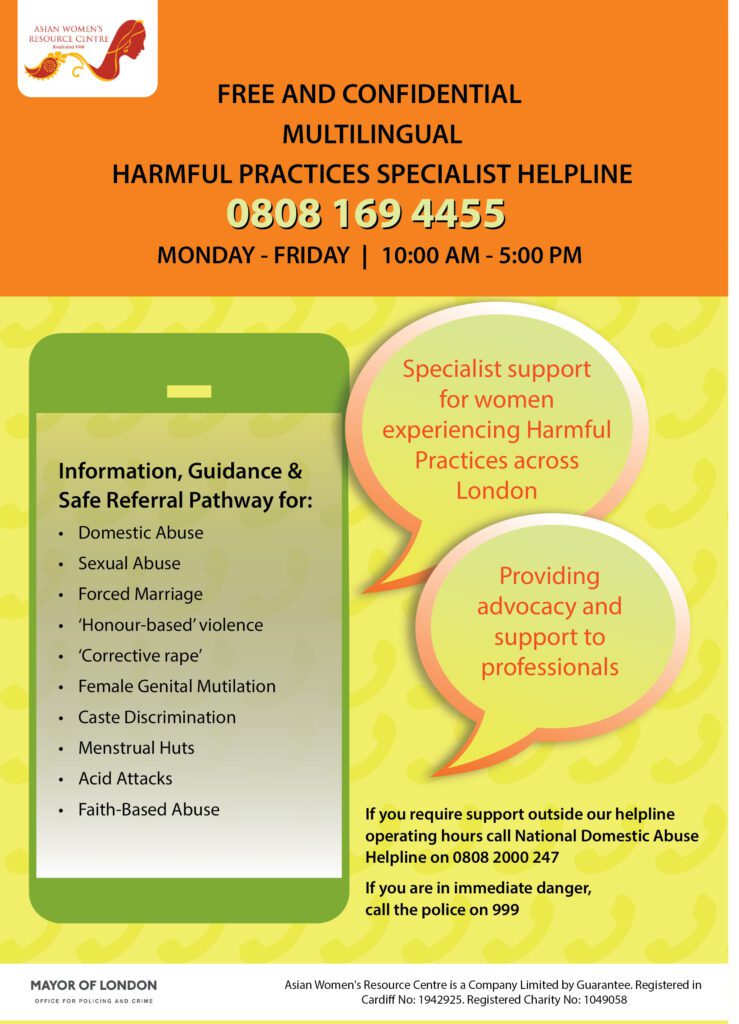
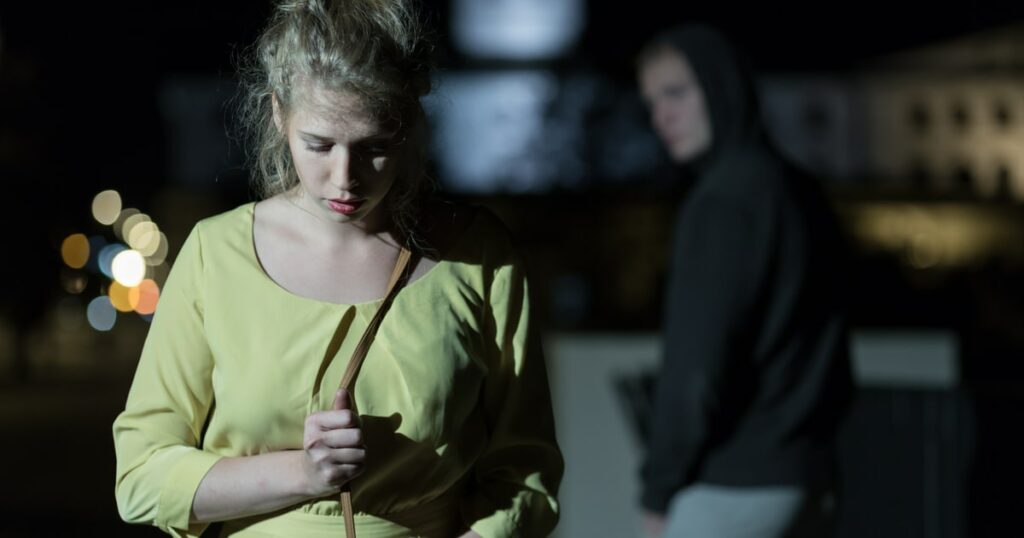
WALKING ALONE? REMEMBER THESE 10 TIPS
1) Plan Your Route
Make sure you plan your route ahead of time. If you are walking in an area you are not familiar with, this can help keep you from getting lost. You will be able to walk with confidence. If you do get lost, don’t wander aimlessly, find a gas station, supermarket, or fast-food restaurant where you can ask for directions.
2) Make Sure Someone Else Knows Your Plans
Don’t go out when it is dark without telling someone, even if you are just taking the dogs out for a walk around your neighbourhood or walking home from a friend’s house nearby. It may seem paranoid, but in fact, knowing someone knows where you are can be reassuring and help you feel safe. If you fall and hurt yourself or run into trouble, and someone knows where you are, they can send help if you don’t arrive at your destination on time.
3) Always Carry Your Phone with You
Always carry your phone, but not for music or to make social calls as your walk. Your phone can be a lifeline if you see something suspicious or worse if something happens to you. Download a safety app on your phone, so you’ll be able to discreetly alert the authorities if you feel threatened or see something suspicious.
4) Avoid Suspicious People and Areas
Areas that are dark, deserted, or out-of-the-way, such as an alley or a parking lot, can be riskier than a well-lit area full of people. Stick to busy, lighted paths, to minimize the risks. Also, walk mainly in familiar places where you are known. That way, if you feel like a suspicious person is following you, you can always duck into a store you know or knock on a neighbour’s door. Avoid empty streets and pathways with thick shrubbery.
5) Keep Your Hands Free
Except for a flashlight and one of the items discussed below, keep your hands free. If you are carrying anything, put it all in one bag or backpack. This will make it easier for you to react if you notice someone following you. In a dangerous situation, carrying too many bags can keep you from moving as quickly as you can if your hands are free or if you only have one bag.
6) Carry a Non-Violent Deterrent
In addition to a flashlight, carry a non-violent deterrent such as a whistle, mace, or pepper spray. A whistle will help you alert others and call them to aid you if something is wrong. The loud noise may put off attackers, and they’ll move on to find someone else. Mace or pepper spray can give you enough time to evade a potential attacker, and in a pinch, a flashlight can be used as a weapon. Make sure you know how to use the mace or pepper spray to get its full effect.
7) Wear Reflective Clothing to Prevent Accidents
When it comes to personal safety, it’s not just about suspicious people. Areas with low visibility can be prone to accidents. Reflective clothing allows bikers and cars to see you as you walk along. A flashlight or headlight can also help drivers see you if there are dark stretches of road on your route.
8) Take a Self-Defence Class
When fighting off something as an assault, the element of surprise can work in your favour. If you regularly walk alone, take a self-defence class. You don’t have to become a black belt. In fact, it’s probably better to learn something like Krav Maga, which has been popular for self-defence. The idea is to disable your attacker enough for you to get to safety, and a class focused on self-defence will help give you those survival skills.
9) Remove Any Distractions
Keep your phone in your hand in case you need to hit the panic button on your safety app, but don’t let it distract you. When walking alone at night for exercise, music can be motivating and energizing but also distracting. You may not hear someone driving or walking up behind you. Avoid wearing headphones or talking on your phone as you walk.
10) Trust Your Gut
When walking alone at night, trust your gut. If you feel like an area or situation may be dangerous, don’t wait around to find out. Stop and scan your surroundings if you think someone is following you. If you are being followed, walk as quickly as you can to a well-lit public place. You can wait until you feel safe, or call a friend, a taxi, or an Uber to help you get safely get home at night.
Following these personal safety tips will help keep you stay safe when walking alone. Always be aware of where you are and alert to suspicious activity.

Important Numbers:
Domestic Violence Duty Line: 020 7364 4986 between 9am – 5pm.Victim Support: 020 7364 2448/7957
Just wishing everyone a peaceful, safe and week and remember if you need information and advice from the Carers Centre just email enquiries@ccth.org.uk
Tony Collins-Moore
Carers Wellbeing Academy Manager

Opening hours
Monday - Friday – 9.30am – 5pm
Saturday and Sunday – Closed
